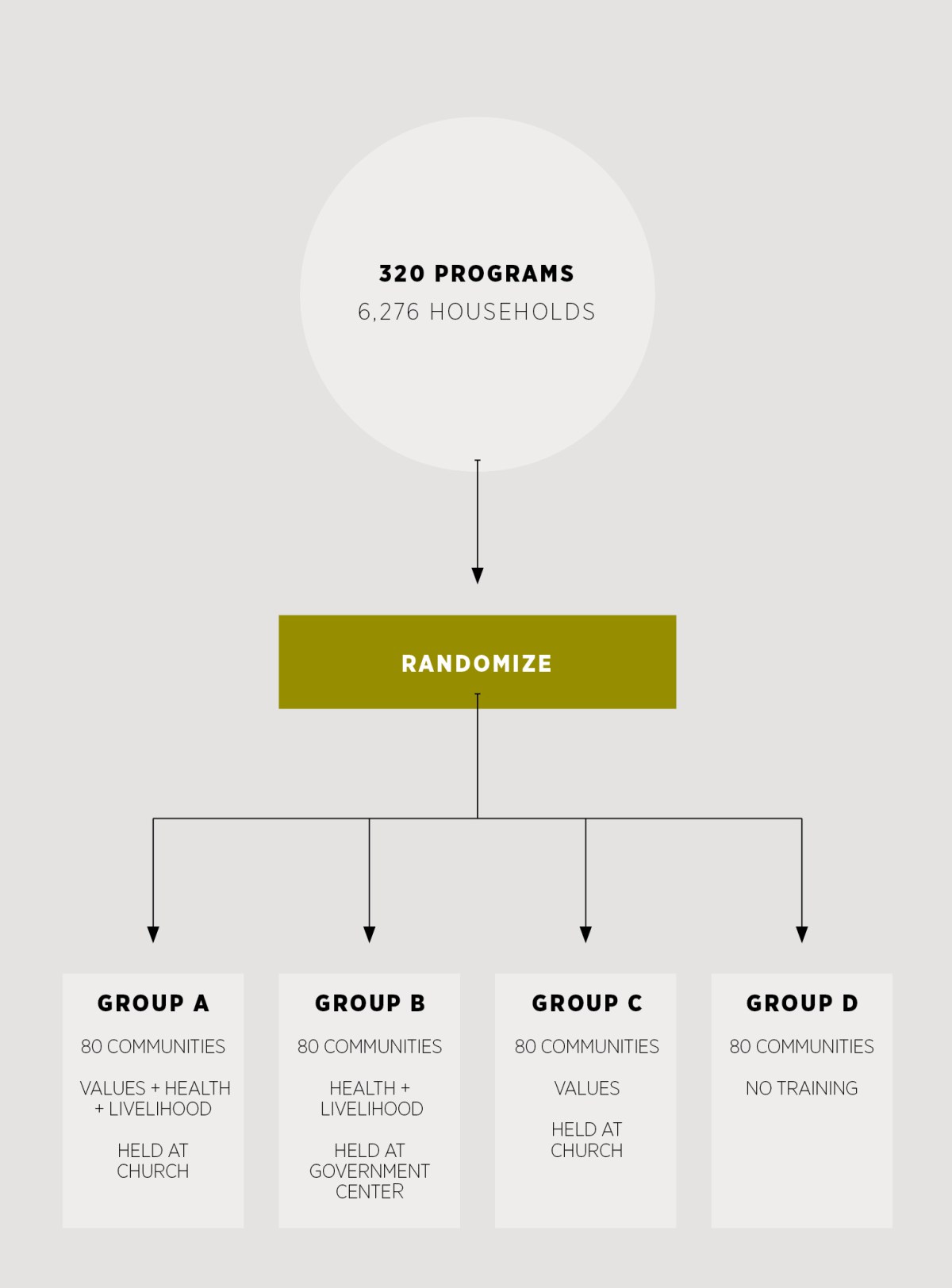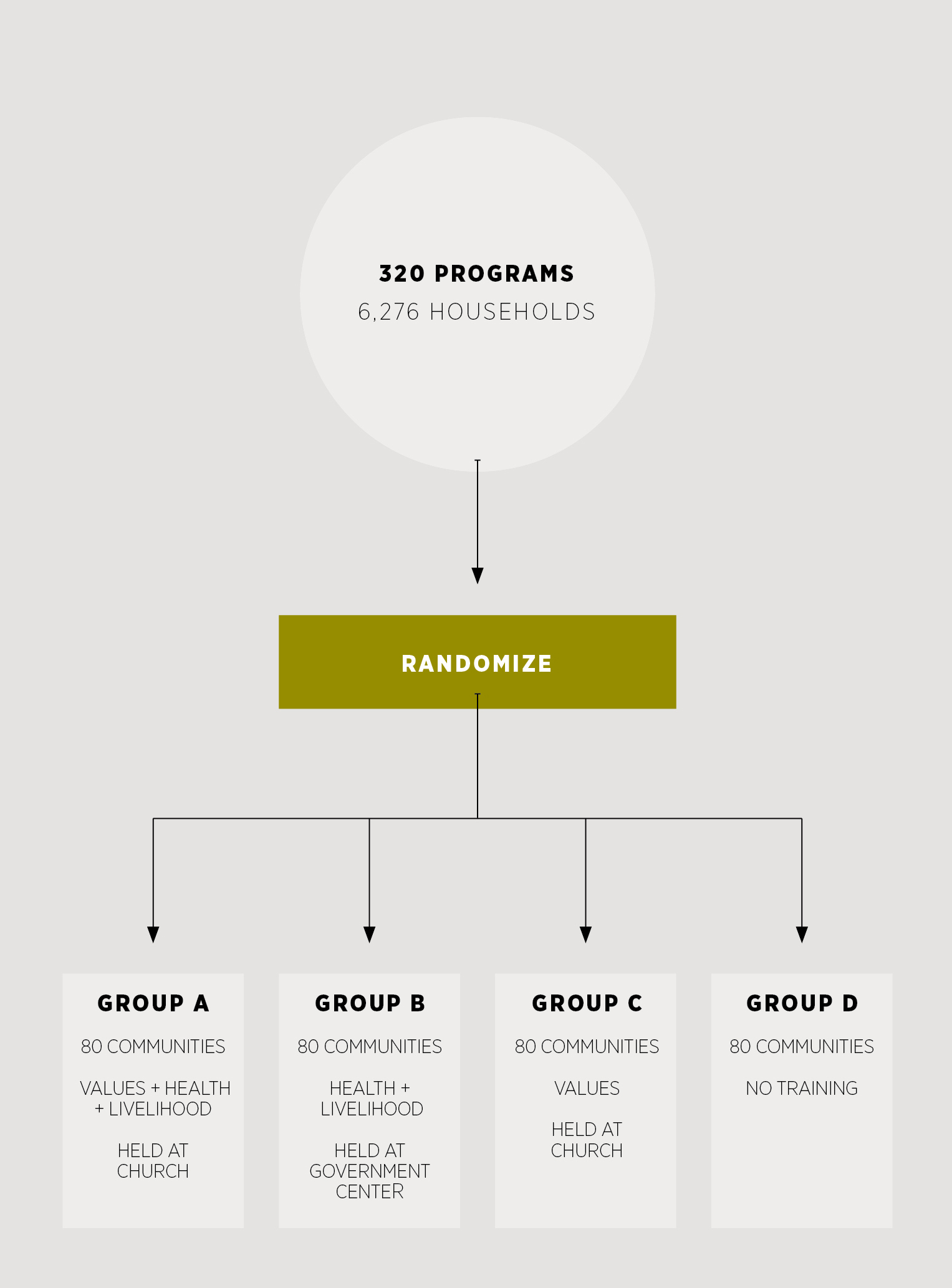Before World War I, German sociologist Max Weber famously linked the work ethic of Protestant Christians to the economic development of Europe. The “spirit of capitalism,” he argued, was sparked by Martin Luther’s emphasis on calling and his argument that “worldly” labor was no less holy than the ascetic “spiritual” practices of monks and priests.
Puritans and other Calvinists, he said, later recast that labor as an ascetic practice itself—working was a way of fulfilling one’s duty to God. Wealth for Protestants became “bad ethically only in so far as it is a temptation to idleness and sinful enjoyment of life.”
Methodists, Baptists, and others shared these basic ideas, Weber said. He cited John Wesley’s advice as representative: “If those who gain all they can and save all they can will likewise give all they can, then the more they gain, the more they will grow in grace and the more treasure they will lay up in heaven.”
In short, Weber argued, these Protestant religious beliefs led inevitably to Europe’s work ethic, to its attitude toward wealth and specialized labor—and, in short, to modern capitalism. It’s worth noting that Weber’s essay is more lament than celebration. “The Puritan wanted to work in a calling; we are forced to do so,” he said. “Since asceticism undertook to remodel the world and to work out its ideals in the world, material goods have gained an increasing and finally an inexorable power over the lives of men as at no previous period in history.” But summaries of Weber are often less polemical and more descriptive: Europe experienced economic growth largely because of its Protestant beliefs.
Over the past century, Weber’s The Protestant Ethic and the Spirit of Capitalism has become one of the most discussed texts across a range of disciplines. Theologians and historians have debated many of Weber’s summaries of Protestant doctrines. Sociologists, economists, and others have probed the relationship between spiritual beliefs and economic outcomes. Some are unconvinced by Weber’s argument. After all, haven’t countries such as Japan and China thrived economically without a dominant Christian influence? Perhaps Weber’s observation was a spurious correlation and the birth of the Industrial Revolution coincidentally happened to take place in countries rich in Protestant Christian belief. Can we test his theory?
Scholars have tried, looking intensely at Protestantism specifically and religion in general. They have found positive correlations between religion and life of an objectively higher quality, even by secular measures. Religious people tend to be more economically successful and have better physical health, lower crime rates, and reduced rates of drug and alcohol abuse. And studies backed up Weber in finding connections between Protestantism and self-discipline, hard work, honesty, and other economic values. But researchers have not been able to separate causation from mere correlation. Can these positive outcomes be directly attributed to religious beliefs, or are economically successful people (or countries) more likely to be religious? Perhaps a third factor, such as patience, self-control, or persistence, causes people to be both more religious and more economically successful. As leading scholar of economics and religion Laurence Iannaccone wrote two decades ago, “Nothing short of a (probably unattainable) ‘genuine experiment’ will suffice to demonstrate religion’s causal impact.”
It’s not unattainable anymore. Researchers have now carried out just such an experiment.

Transforming Communities
A randomized controlled trial by leading development economists, among 320 villages and 6,276 low-income families in the Philippines, provides a scientifically rigorous test of the causal effects of Christian beliefs on economic outcomes.
The results, published earlier this year in a National Bureau of Economic Research working paper, appear to confirm that the Protestant ethic causes economic change. Participants in the study who were randomly selected for a curriculum teaching Christian values subsequently showed increases in household income relative to a control group. The implications of this pioneering study could be vital for Christians and others trying to do effective work among the poor. This is a reminder that teaching Christian doctrine and values does not need to be separated from community development. In fact, combining the two may have better results.
The study involved a collaboration between International Care Ministries (ICM) and three world-class researchers affiliated with Innovations for Poverty Action (IPA): Dean Karlan (a self-proclaimed “agnostic Jew” from Northwestern), James Choi (a “committed evangelical” from Yale), and Gharad Bryan (an “atheist” from the London School of Economics).
The research studied the impact of ICM’s four-month Transform program, which works with more than 10,000 Protestant churches in the Philippines. As part of Transform, a local pastor leads 30 families in a weekly half-hour lesson in spiritual values, which focuses on the gospel message and Christian living. (The values curriculum is similar to an Alpha course or to the Samaritan’s Purse Greatest Journey class; like those programs, it lasts about 12 weeks.) After the spiritual lesson, two ICM trainers spend an additional 30 minutes on health and 30 minutes on livelihood.
Three years ago, IPA asked ICM to run its normal four-month Transform program in 80 randomly selected communities, incorporating its spiritual values program along with its secular health and livelihood program. Another 80 communities were to run only secular components (health and livelihood) in a government center. A third group of 80 communities ran only spiritual aspects of the program. And a fourth group of 80 communities—a control group—received no intervention at all. ICM was comfortable running this study since it has a backlog of thousands of Filipino pastors who would like to run a Transform program, but it only has resources to run the program in 300 communities at a time.
Six months after the conclusion of the Transform program, IPA surveyed all 6,276 families. Those who received Protestant evangelical training experienced increases in household income by 9.2 percent when compared to those in the experiment who did not receive the religious training. The values lessons also appear to have improved hygiene and “grit,” or persistence through life’s difficulties. Researchers believe that the increased income is caused by the participants working harder and working in higher-income activities.
Income and grit may constitute some of the strongest tests of Weber’s thesis, but other results were not as statistically strong as the income result. The workers who received religious training may have consumed more goods and had fewer family members going to bed hungry, but the results were not statistically significant.
There was at least one negative outcome: Major arguments with relatives went up 2.2 percent for those who got the values training. It’s unclear whether this is due to an actual increase in arguments, an increase in recognition of what constitues intra-household conflict, or an increased willingness to admit adverse events at home.
Surprisingly, despite their increase in household income, some participants viewed themselves as poorer compared to the rest of their community than when they first started the program. ICM believes that some of these measures (consumption, health, etc.) may require more time to change, while others will improve over time with further refinements to the Transform program. Later this year, IPA will release additional survey data, this time looking at results after three years rather than six months.
Mounting Evidence
The IPA-ICM research is the most expansive study exploring the causal relationship between Christian discipleship and economic development. But it’s not the only one.
A 2013 study in the Journal of Political Economy showed that the faith-based program of Compassion International increased secondary school completion by 40 percent and the probability of adult white-collar employment by 35 percent among formerly sponsored children.
In December, a peer-reviewed National Bureau of Economic Research book (The Economics of Poverty Traps) will have a chapter on an Evangelical Covenant Church program in Oaxaca, Mexico. Researchers working with the program, Fuentes Libres, created a Christian aspirations-and-hope-based curriculum, then randomized its distribution among 732 indigenous women with microfinance loans in 52 community banks. The majority of the borrowers in the community banks were Catholic, and about a quarter were Protestant. A month after the four-week curriculum, early results hinted at positive impacts on both measures of hopefulness and microenterprise performance overall.
But the most interesting aspect of these early results to the researchers was that the positive effects were almost fully concentrated on the Catholic women in the study. There were not only large and statistically significant increases in hope and aspirations but a 28 percent increase in sales and a 26 percent increase in profits in the microenterprises of the Catholic women. Perhaps the Protestant women had heard the teaching before, but the Catholic women in the study were being exposed to the Protestant ethic for the first time. The effects Weber sketched out as developing over centuries may appear in less than a month.
Protestants can rejoice. There is a healthy biblical balance to the Protestant ethic (see, for example, Col. 3:23 and Eph. 4:28). But no human system is perfect, and Weber’s warnings about capitalism’s unhealthy side effects—and the way they can be fed by Protestant emphases—deserve attention. While the adoption of biblical values can empower the poor, an overemphasis on the value of work can foster greed, materialism, and the stress that accompanies modern capitalism. In that same letter from Wesley quoted by Weber, the Methodist leader worried: “The Methodists in every place grow diligent and frugal; consequently they increase in goods. Hence they proportionately increase in pride, in anger, in the desire of the flesh, the desire of the eyes, and the pride of life. So, although the form of religion remains, the spirit is swiftly vanishing away. Is there no way to prevent this—this continual decay of pure religion?”
Wesley was right to wonder. At the same time, a biblical understanding of human agency, and its possibilities and responsibilities, has helped reverse the fatalism that is often associated with poverty in the developing world.
The importance of this relationship between religious faith and economic development has not gone unnoticed by secular aid and development agencies. Only a few decades ago, major institutional funders avoided any interaction with religious ministries. But that is changing. USAID, the United Nations, and the World Bank have all created offices to promote the faith-based sector in development projects. ICM in particular hopes to produce more hard data in the future on whether faith is a catalytic element in the progress out of poverty.
The government in Weber’s home country is noticing too. The Federal Ministry for Economic Cooperation and Development (BMZ) has created its own office to work with faith-based organizations, noting that more than 80 percent of all of the people in the world have a religious worldview. German officials and others are becoming less likely to see local pastors in developing communities as irrelevant to their aid work. Instead, they see pastors as leaders able to bring hope and change to their communities in a more culturally appropriate way than an imported secular development worker. As Matthew Frost, former CEO of Tearfund, puts it, “Church networks extend into the darkest city slum and the most remote rural areas, beyond the reach of even the most robust NGO 4×4. . . . If you want to know where the poor are, ask where the church is.”
Lincoln Lau is director of research for ICM. Bruce Wydick is professor of economics at the University of San Francisco, a writer for Christianity Today, and coauthor of the studies of Compassion International and Fuentes Libres.











